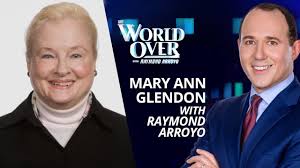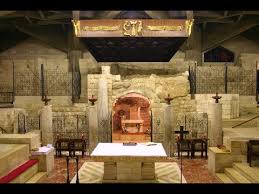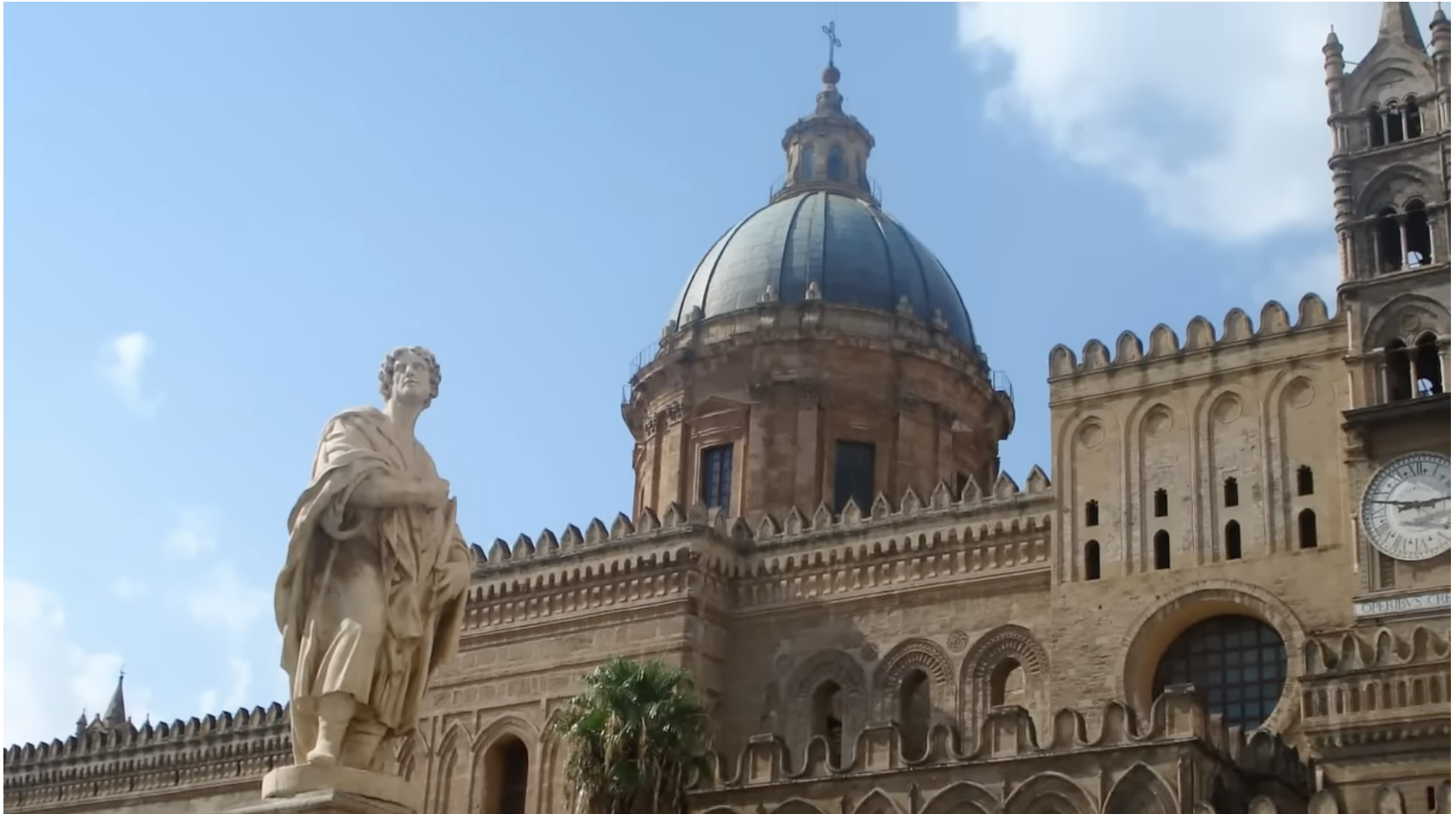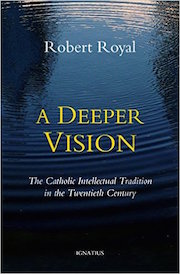Tim Russert, the late, great anchor of NBC’s Meet the Press, died in 2008. Praised as an “honorary Jesuit” in America magazine after his death, Russert had a lifelong regard for the Society of Jesus. He had a special affection for Father John Sturm, legendary prefect of discipline at Buffalo’s Canisius (Jesuit) High School. Any man who was a Canisius student during the John Sturm years – myself included – remembers him with a mix of awe, fear, love, and loyalty. Sturm was that kind of guy, tough but fair; a “man’s man.”
Russert was two years behind me in his studies. We never met, but I shared his experience of Canisius. It was an exceptional place. The Jesuits who taught me History and English, Latin and Greek, changed my life. Nothing I later learned came close to the exhilaration of those classes. My respect for the Society of Jesus thus carried over into my professional life. The work of men like Avery Dulles, James Schall, Joseph Koterski, Henri de Lubac, Joseph Fessio, Robert Spitzer, Paul Mankowski, and so many others – several of them now gone – testifies to the best qualities of Jesuit life.
And yet, my unease with the Jesuits began right alongside my respect. Barely out of high school, I remember stumbling my way through some of Jesuit Pierre Teilhard de Chardin’s writings, an obstacle course of turgid ideas. Teilhard was and remains an enigma. Jacques Ellul and Augusto Del Noce, among other Christian contemporaries, distrusted and criticized his thought. But in Teilhard’s favor, Henri de Lubac – always a faithful man – was a strong defender of his work. As for today’s Holy Father, himself a former Jesuit provincial: pontificates can be fully assessed only in retrospect, and history’s first and only Jesuit papacy is still ongoing. So the jury, understandably, is still out.
But moving the Chair of Peter aside, enough prominent Jesuits have said enough strange things lately to invite concern.
In 2019, Father Arturo Sosa, the Jesuit superior general, suggested that Satan is a “symbolic reality,” not a personal being – contrary to Catholic belief. He then seemed to reverse himself just a few months later. This followed a similar Sosa remark about the devil from 2017 that then had to be clarified by a spokesman. In the same year, 2017, Sosa muddied the water by seeming to question whether we can really know what Jesus said in the Gospels.
Jesuit Cardinal Jean-Claude Hollerich, the pope’s curious choice for relator general at the 2023-24 synod, has previously described Church teaching on homosexuality as “incorrect,” discredited by science, and in need of revision. He later walked back those views and said that he “fully believe[s] in the tradition of the Church.” But he subsequently added to the confusion by suggesting that the Church’s unwillingness to bless same-sex unions is not a settled matter.
And of course, here in the United States, Jesuit Father James Martin’s perceived ambiguity on matters related to homosexuality has drawn a range of criticisms and concern (as for example, here). A full list of such recent Jesuit oddities would be lengthy.
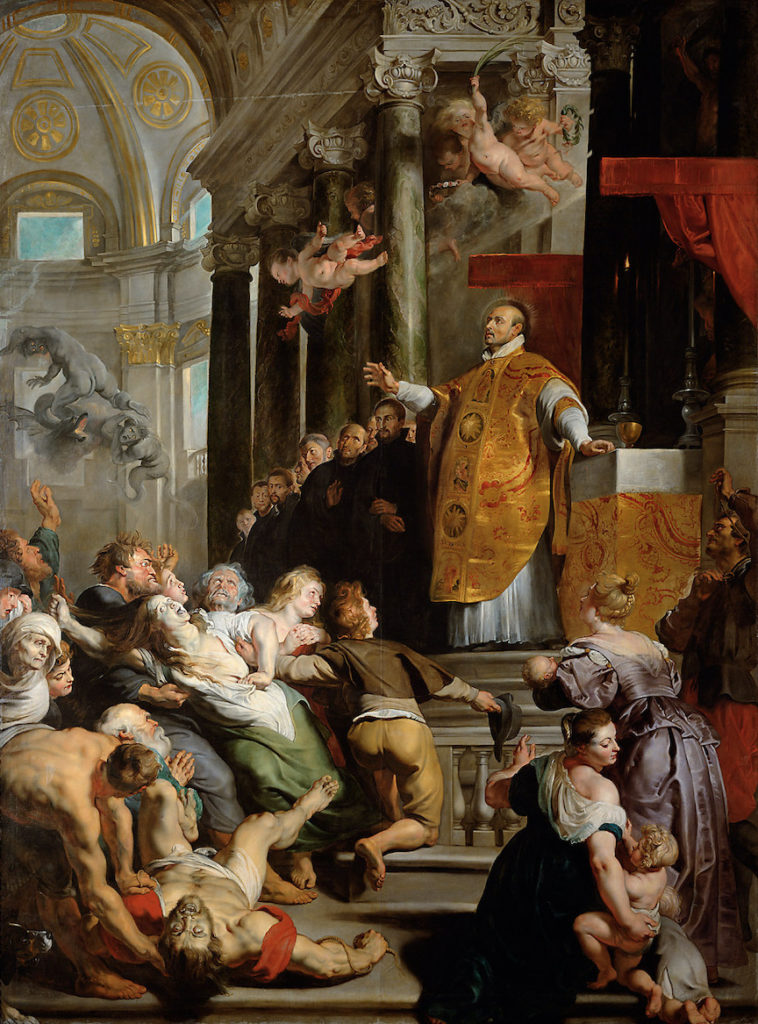
If one were to assume, just for a moment, that “something’s gone wrong” with the Society of Jesus, the right question to ask would be. . .why? So I did that. I asked observant friends both within and outside the Society for their thoughts, and I summarize them here. The Society has legions of boosters; a few critics can’t hurt it, and might even help. So their thoughts are worth considering. Where direct quotations are used, I’ve removed identifying data.
1. Jesuits pride themselves on being a “cutting edge,” and that puts them in the category of an elite with the temptation to play that game.
2. “There’s a basic flaw in Jesuit spirituality with too much emphasis on personal discernment. The discernment taking place in their own minds and lives has priority over the discernment of the Church through history.”
3. “They seem to believe their own press about the superiority of their intellects and Jesuit ministries, as compared with others in the Church. They are not good collaborators.”
4. “I don’t think there’s anything in our former spirit and formation that’s responsible for what has happened” [emphasis added].
5. With the Jesuits, their strongest point is also their weakest.Every form of consecrated life grounds itself in the evangelical counsel of obedience; some with more vigor or local autonomy than others. But the Jesuits are organized like an army; their highest superior is the “superior general,” and the appointment of every lower superior must be approved by him. In the indelicate words of one respondent, “A fish rots from the head down.”
6. Jesuit salt has lost its savor, and an insipid taste does not attract good young men. The talented and orthodox too often seem to be screened out.
7. “Pope Francis has imposed the Jesuit top-down authority structure on the present Church. The pope – like the Jesuit superior general – makes the decisions by himself. He might pretend to use a ‘synodal’ system, but only to bring up issues and not to make decisions. He’ll make all the final decisions himself using his own personal discernment rather than follow the teachings of the historical Church with the assistance of other bishops in making those decisions.”
8. “The order has a long memory, and I think even now it nurses some resentment toward the anti-Modernist ‘white terror’ of the last century, John Paul’s 1981 intervention in the Society, etc.”
Kindly note, before some unhappy reader organizes a posse, that both of my parents were quite zealous Jesuit fans, regaling me from an early age with the Society’s heroic role in the Catholic Reformation. They gave me my two patron saints: Francis Xavier and Ignatius Loyola. And I’ll always be grateful for that gift.
I do wonder though, what those guys would think of the Jesuits now.
*Image: The Miracles of St. Ignatius of Loyola by Peter Paul Rubens, 1617/18 [Kunsthistorisches Museum’s Gemäldegalerie, Vienna Austria]
You may also enjoy:
Brad Miner’s This Way Out: Jesuits in Early New York
Randall Smith’s The Artificial Jesuit


